by Romiade Sodja & Jovan Smith; Farnsley Middle School (Louisville, KY)
Jovan Smith has a busy life for a 12 year old. Between football, track, basketball, training, school and homework he comes home tired. One day Jovan took an energy drink from a friend because he was tired and needed something. After school he went to football and basketball practice. Next morning, he passed out in his home.
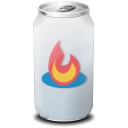
“I was out for 20-30 minutes.” Jovan says. The fall caused a serious concussion.
The doctors told him, “Don’t ever drink another energy drink!”
“That was my first and last energy drink,” Jovan says.
Lots of people have busy schedules with countless hours of work, playing video games, skating and playing sports. So what is the solution to everybody’s lack of energy? Many choose a quick energy drink that will get them through the day.
Energy drinks contain Ingredients such as the amino acid taurine; gurana, which is found in a plant from South American and has very similar chemical properties to caffeine; and creatine, which is a compound formed in protein metabolism and is present in muscle tissue; caffeine, which increases heart rate, blood pressure and anxiety; and sugar.
An article in the February 14, 2011, issue of the journal Pediatrics states that the individual ingredients don’t seem to be the problem, but the combination of these ingredients can create risks such as palpitations, seizures, stroke, and sometimes even sudden death. Some energy drinks contain as much as 100 milligrams of caffeine, which is equal to 1 to 7 cups of coffee.
In 2011, the American Academy of Pediatrics took an even stronger position against energy drinks. They state that, “Children should never drink high-octane energy drinks and rarely need to drink sports drinks. There are healthrisks, (similar to the ones reported above), associated with caffeine and/or other stimulants included in the drink.”
In 2010, the Utah Poison Control Center [PDF] started looking for energy drink overdoses. They tracked down 677 overdoses between the months of October and December. Symptoms such as seizures, hallucinations, rapid heart rates, chest pains, high blood pressure, and irritability were in their reports.
Peter Restanio, M.D,from Georgetown University and a member of the American Board of Pediatrics said that the health risks are even more dangerous for kids with heart or psychiatric problems. He says that shouldn’t be combined with other sources of high sugars and caffeine. “You shouldn’t even drink one,” he says, because you can become addicted. “They don’t feel good coming down (from the high of the drink), and so you go out and grab another one. So eventually it comes down to you buying 3 to 5 a day on a regular day’s basis which adds up quick. You don’t want that feeling of high to disappear because the side effects of it disappearing are things such as headaches, nausea, and fatigue.”
In a survey of our middle school class, 16 out of 31 said that they drink energy drinks and don’t know their risks. After notifying the drinkers about the dangers of energy drinks, the class said they were surprised to find out what they were doing to themselves. One student says, “Why do they even sell these drinks? Don’t they know this stuff?”
| Related stories: Creatine: Safe for Teen Athletes?; Don’t Brush Your Teeth |
We contacted Monster Energy Co. about all these complaints, but all we received was a letter back from the complaint office that was their letter they send to anybody that complains about their products. Romiade Sodja Jovan Smith

This work is licensed under a Creative Commons Attribution-NonCommercial-NoDerivs 3.0 Unported License
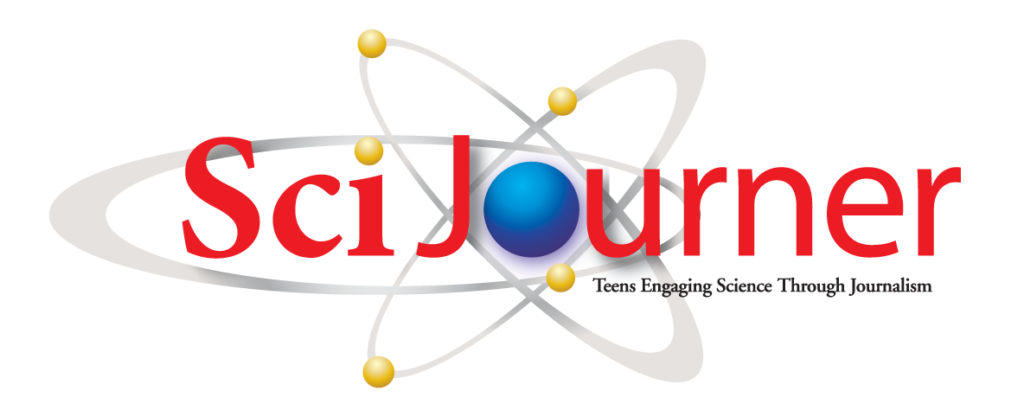

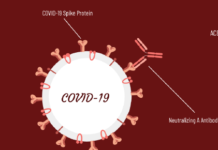
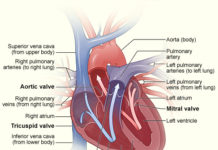
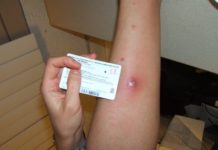

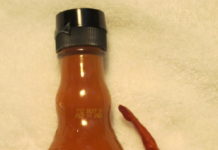
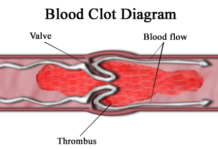






I really think that this article inspired me.Many people said that energy drink keeps you strong. so thank you for inspired me with this aricle.
wow this is a surprising article and i believe you should only drink energy drinks when you have done something active.
i think you should drink a energy drink when playing a sport.
will maybe if your to young you shouldn’t be drinking energy drinks!
These drinks arent made for games. Your heart is already hammering during a game why give it a extra boost
thoses drinks doesnt help at all
I Agree With The Middle School Student Why Do They Sell Energy Drinks If They Cause Health Risks And In Some Cases Can Kill You ?